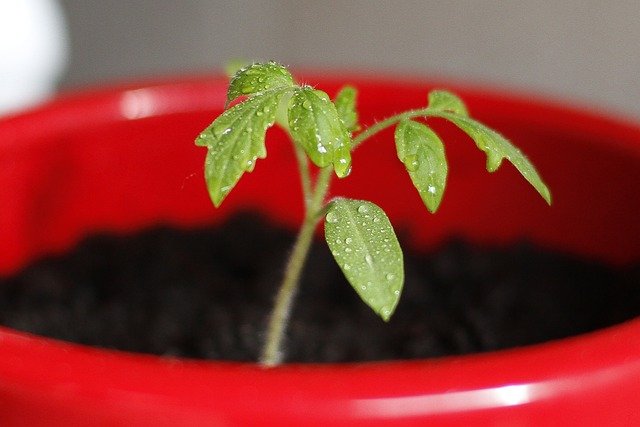Rooftop gardening is becoming increasingly popular, providing urban dwellers with a way to grow their own fruits, vegetables, and flowers. However, beginners often make mistakes that can hinder their success. Here are some essential tips to help rooftop gardeners thrive.
General Tips
- Soil Preparation:
- Mix Cocopeat and Compost: When preparing the soil in tubs or drums, mix in cocopeat and compost (rotted vine leaves, cow dung, vegetable manure) to keep the soil light and prevent root rot. Cocopeat retains moisture without becoming waterlogged and contains nutrients that promote plant growth.
- Moisture Management: Ensure the soil is moist but not soggy. Cocopeat helps in maintaining the right moisture level.
- Nutrient Supply:
- Mustard Greens Water: Soak mustard greens in water for 5-10 days in a plastic container or earthen pot. Dilute the fermented mixture with nine times more water before applying it to the soil. Adding a little jaggery can help mask the smell.
- Organic Fertilizers: Use leaf-rot manure, vermicompost, and cow dung as organic fertilizers. Vermicompost is readily available and effective.
- Disease Prevention:
- Neem Insecticide: Spray neem insecticide on plant leaves once every seven days to deter pests.
- Epsom Salt and Hydrogen Peroxide: Spray Epsom salt once a month, and mix hydrogen peroxide with water for another monthly spray to boost plant health.
Specific Practices
- Seed Quality:
- Good Seeds: Ensure you use high-quality seeds for better yield. Treat seeds with fungicide by soaking them briefly in fungicide water before planting.
- Plant Spacing:
- Avoid Overcrowding: Don’t overcrowd plants. In a small area, only plant two plants in a fruit crate and one plant in a tub. Ensure proper drainage in containers.
- Container Depth:
- Deep Containers: Use deeper containers for deciduous plants to accommodate their root systems.
- Pollination:
- Hand Pollination: In cases of excessive heat or lack of natural pollinators, hand pollinate by transferring pollen from male to female flowers.
- Water Management:
- Appropriate Watering: Avoid overwatering or underwatering. Research the specific water needs of each plant.
Quick Tips for Common Plants
- Green Vegetables:
- Fast-Growing Greens: Plants like data, puishak, red shallot, and cilantro can be harvested in about 25 days.
- Cabbage and Cucumber: For red cabbage, use netting to protect from pests. Cucumber plants benefit from fungicide sprays.
- Insect Repellents:
- Natural Repellents: Spray plants with a garlic and clove water mixture to repel insects. Hanging naphthalene balls can also deter pests.
Troubleshooting
- Relocate Plants:
- Changing Locations: If a plant is not thriving despite all efforts, try relocating it to a different spot with better conditions.
- Pest Control:
- Under Leaf Inspection: Regularly check under leaves for pests. Use sex pheromone traps for bugs, especially for plants like brinjal (eggplant).
Conclusion
Container gardening requires careful attention to soil preparation, nutrient management, pest control, and proper plant spacing. By following these tips, urban gardeners can avoid common pitfalls and enjoy a bountiful and beautiful garden.

